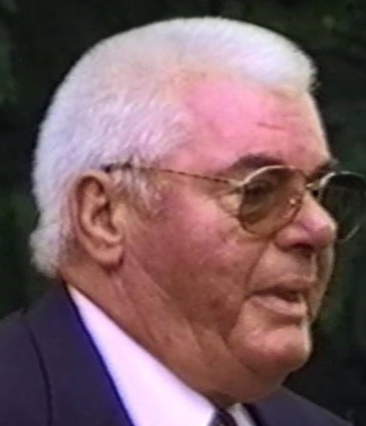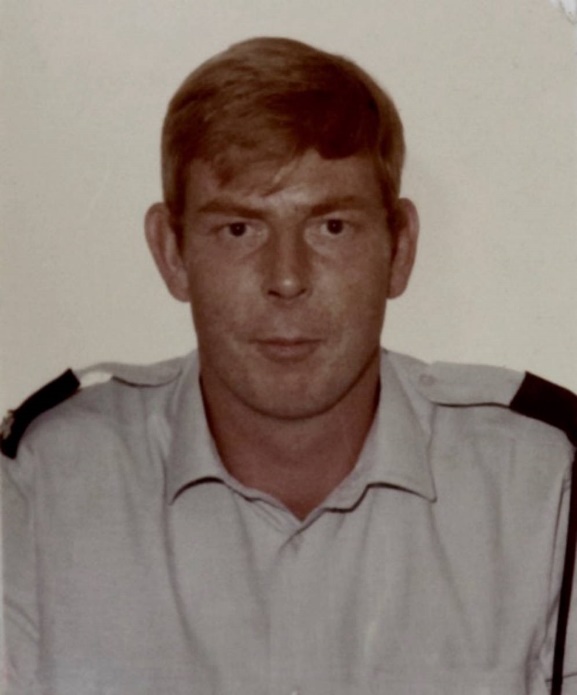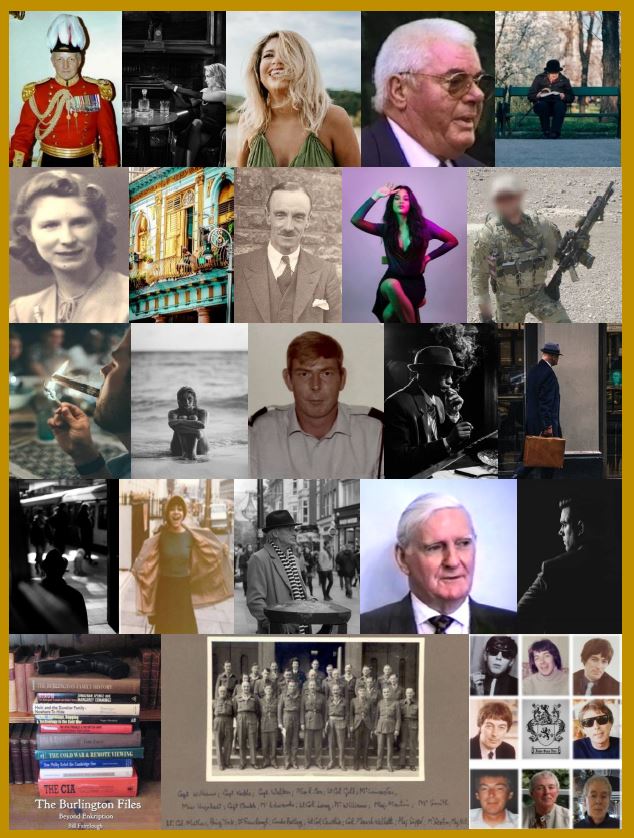
Whether or not you have read Beyond Enkription this article may interest you and doesn't contain any spoilers. Do you recognise any of the people in the collage? Can you name them? Which of them were spies, who worked in intelligence and who did not? Even if you have read Beyond Enkription or worked with Bill Fairclough in the seventies you may find it difficult to identify its lead characters from photos let alone who they were in real life.
Where possible in this article (circa a ten minute read) we have disclosed the real life identities of the main characters in Beyond Enkription and/or on which real life characters they were based. On occasion our disclosures are intentionally cryptic, arguably even misleading or tongue in cheek. Beyond Enkription is the first stand-alone novel in the autobiographical series of spy novels known as The Burlington Files. The series was nominally written by Bill Fairclough aka Edward Burlington, upon whose life and times the series is based.
There are many reasons including legal and security ones for not disclosing the real identity of any character in the book. That is generally the case if the characters are depicted as having committed serious crimes whether or not justice was served under the law or otherwise. Naturally the descendants of criminals do not want their ancestors’ dirty linen displayed in public either again or for the first time. Accordingly, those descendants may begin or threaten costly and/or time consuming litigation or simply threaten some sort of physical retaliation. Hence this article excludes almost all the primary villains such as Cyrus Burton (real name Curt ..….) and his “Magnificent Seven”, Donald King et al who featured in Beyond Enkription.
Furthermore, since The Burlington Files is an autobiographical and fact based espionage novel, many differing, and often conflicting secrecy laws apply in numerous countries as to what may be disclosed when. For example, disclosures of the identities of past intelligence officers may carry substantial penalties including lengthy custodial sentences and even capital punishment in some countries. What is more, some oppressive regimes are now abducting people involved in espionage whom they believe (without any judicious procedures to support their accusations) have betrayed them or caused them harm.
Nevertheless, we have published this article and will update it from time to time when appropriate and when the release of information is unharmful. However, the publication of further books in The Burlington Files series (which deal with issues from the eighties to date) remains on hold pending the resolution of issues along the lines of those referred to above.
This article was first published on 26 September 2021 and was last updated on 30 November 2021.
THE MAIN CHARACTERS IN BEYOND ENKRIPTION
In Beyond Enkription, Alan McKenzie (known as Mac) was an MI5 executive on secondment from MI6 (Secret Intelligence Service). Mac’s character was largely based on that of Colonel Alan Brooke Pemberton CVO MBE who was an executive in both MI5 and MI6 as well as the founder of Diversified Corporate Services Limited and a co-founder of Faire Sans Dire. Alan was responsible for recruiting Bill Fairclough and worked with him on and off for several decades. For more background information on Alan Pemberton please see https://everipedia.org/wiki/lang_en/alan-pemberton.
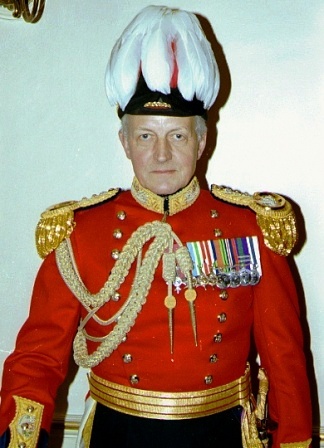
In real life and in Beyond Enkription, Alice Bailey was a retired secretary to the UK Cabinet Office. For personal reasons, no clues can be given as to her real identity. In real life she was an enduring friend of the Fairclough family.
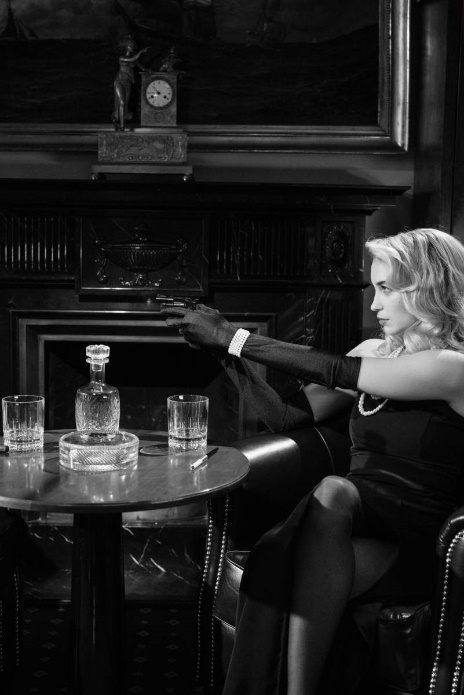
In Beyond Enkription, Chad Cooper (his alias) was a serving MI6 officer on secondment to MI5. His character was based on that of Barrie Northend Parkes BEM who worked for British Intelligence, handled Bill Fairclough's security and was best man at Bill's second wedding. Barrie, along with Colonel Alan Pemberton CVO MBE (ex MI5/MI6) co-founded Faire Sans Dire with Bill Fairclough in 1978.
In Beyond Enkription, Christopher Albury was a partner at Porter Williams, a fictional firm of Chartered Accountants in the Bahamas. In real life he had another name and became a partner in Coopers & Lybrand in the Bahamas along with Peter Smith, Sydney Morris and Graham Garner in the seventies.
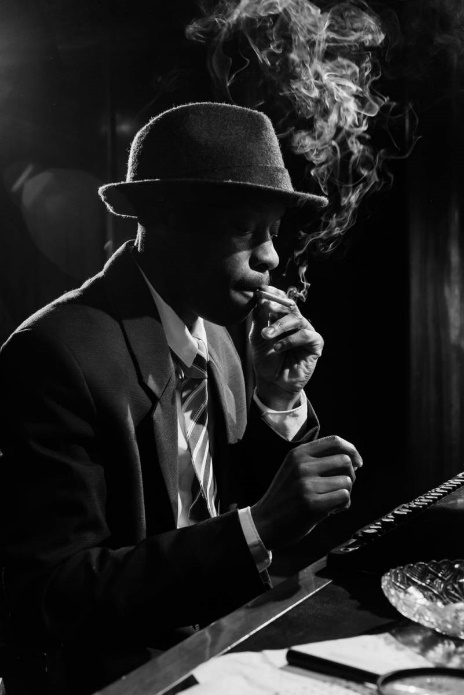
In Beyond Enkription, Collette Fanshaw was married to Rupert Fanshaw, the head of MI6 in the Bahamas. She was renowned for being a “man eater”. In real life it was obvious who Robert and Collette Fanshaw were given how few people worked in or were connected to the British High Commissioner’s office in Nassau in 1974 when Charles Treadwell and Peter Mennell both worked there. The name Fanshaw was of course an alias.

In Beyond Enkription, Commander Mark Burlington was working in Bermuda. Mark’s character was based on one of Bill Fairclough’s cousins, John Van de Weg, who was a law enforcement officer in Bermuda. Inter alia, John interfered with Bill’s unscheduled flight to London via Hamilton Bermuda on 21 December 1974, allegedly as a practical joke. What happened is accurately detailed (subject to legal and other constraints) in Chapter 37 of Beyond Enkription.
In Beyond Enkription, Frederick Burlington aka Frederick Fairclough (born 30 January 1891) was Edward Burlington’s grandfather as was the case in real life: i.e. he was Bill Fairclough’s grandfather. In real life and in Beyond Enkription, Frederick was an officer in the British Army who fought in the Himalayas in World War I, mainly behind enemy lines using guerrilla war tactics.
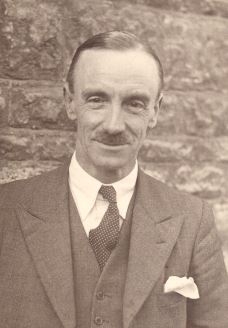
In Beyond Enkription, George Francis was, inter alia, an MI5 case officer and had worked with GCHQ as a liaison officer. For legal reasons, only a few clues can yet be given as to his real identity. In real life he may have worked in the intelligence world (including possibly with Colonel Alan Brooke Pemberton CVO MBE of MI5, MI6, Diversified Corporate Services Limited and Faire Sans Dire). Francis hailed from the North West of England, never married and still values anonymity and secrecy... Open source research led us to believe that he may have once been an unqualified accountant, unqualified psychiatrist and/or an unqualified musician. He was unaware of his being covertly photographed seeking sustenance.

In Beyond Enkription, George Simpson (an alias) was head of Special Branch in the UK. For legal and ongoing security reasons, no clues can be given as to his real identity and what his real job was.
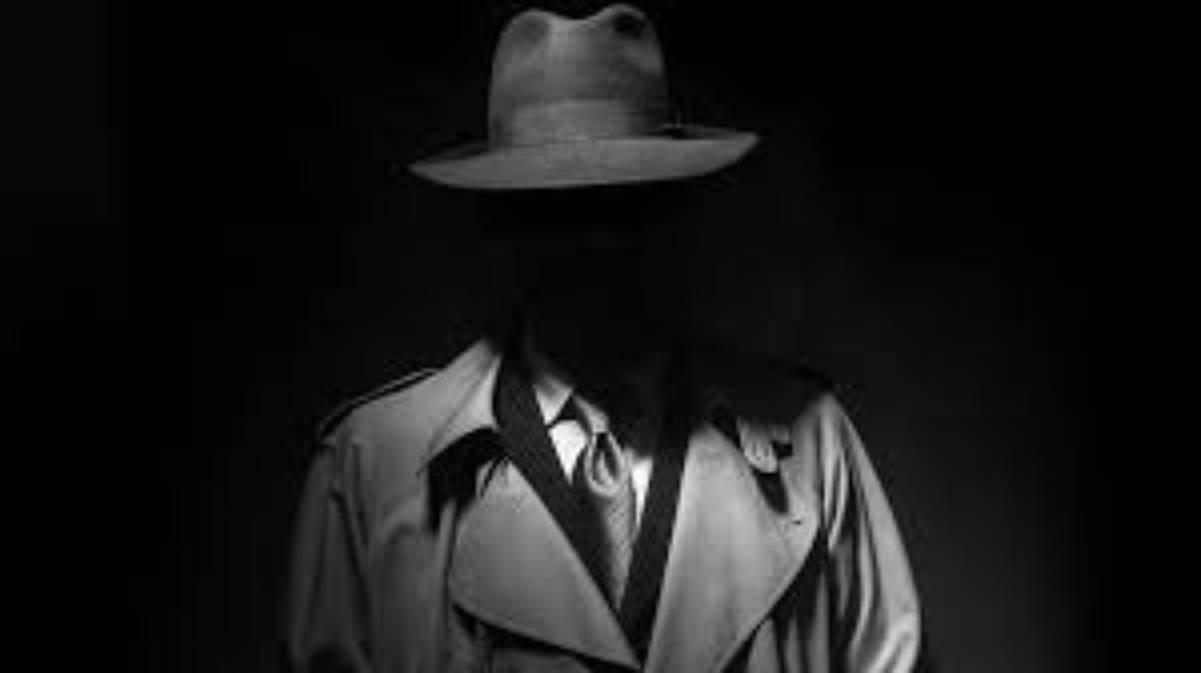
In Beyond Enkription, Graham Sidney-Smith was a partner at Porter Williams, a fictional firm of Chartered Accountants in the Bahamas. In real life he was a partner in Coopers & Lybrand in the Bahamas (under a different name) when Peter Smith, Sydney Morris and Graham Garner were partners in the seventies.
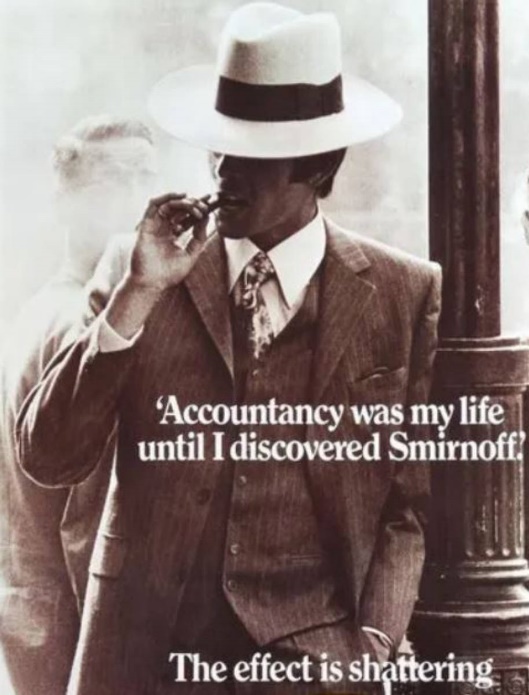
In Beyond Enkription, Hugh Burlington is Bill Fairclough’s aka Edward Burlington’s brother. His character is partially based on that of Bill Fairclough’s real brother, Peter Fairclough. He was far from being a saint let alone a vicar but used to attend weddings under the guise of being one to confuse the congregations.
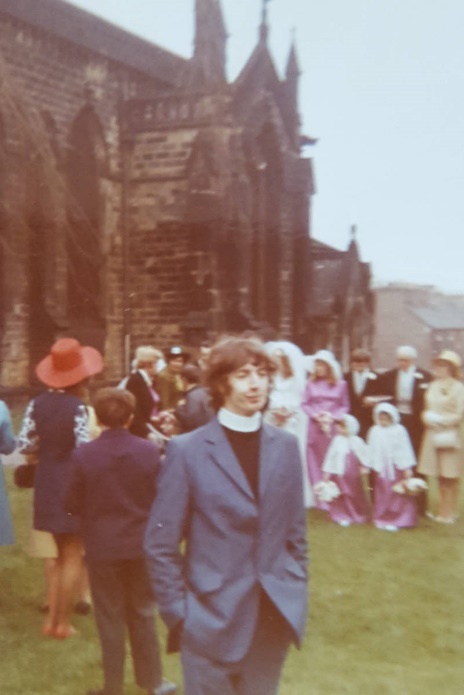
In Beyond Enkription, Jasmine (Jazz) Moreau (her alias) was a CIA madame and hooker and once stayed with Bill Fairclough for a short while in Nassau Bahamas. For legal reasons, no clues can be given as to her real identity other than that in the seventies she was in Nassau masquerading as a student. She was of Caribbean descent and had links with organised crime, rogue CIA/FBI agents et al.

In Beyond Enkription, Jock McGrath (an alias) was a serving MI5 officer who had previously worked with the SAS and deputised for and reported to Chad Cooper (aka Barrie Parkes BEM of British Intelligence). Chad was in charge of Bill Fairclough’s security. In real life Jock, who shall remain nameless, was as depicted in Beyond Enkription.
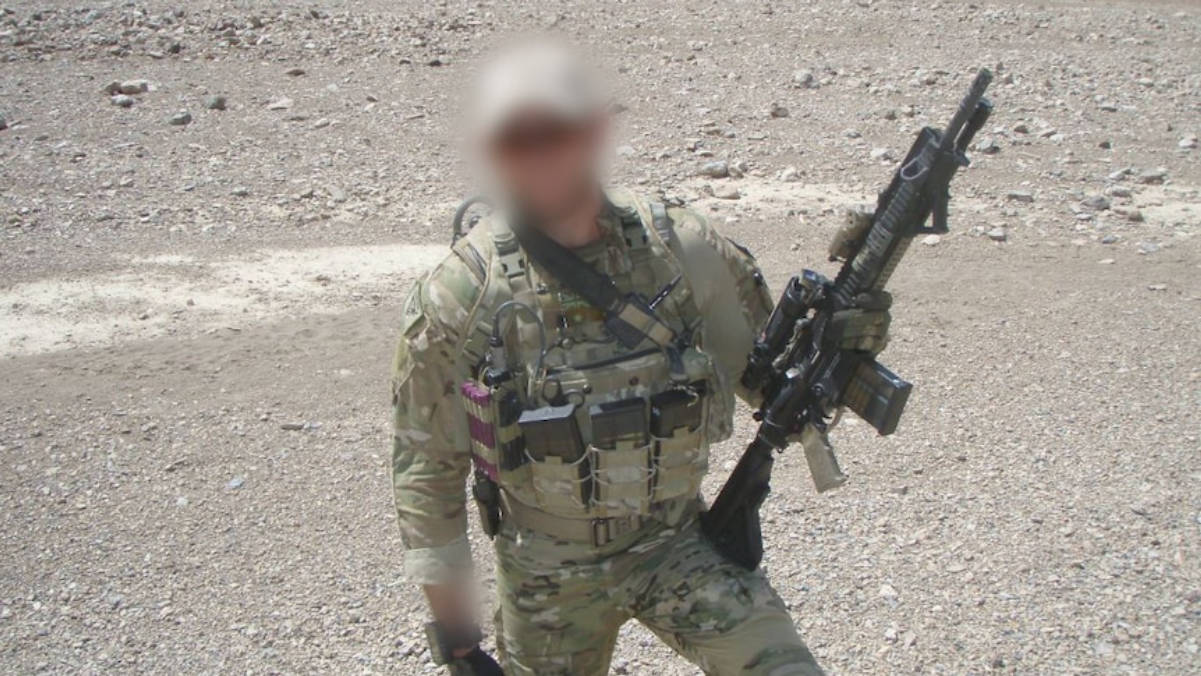
In Beyond Enkription, Leo Sanchez (his alias) was a CIA lawyer based in Washington. His character was based upon that of a US lawyer of Cuban descent and Bay of Pigs notoriety who allegedly worked for the CIA in Washington DC. The photograph is of the balcony of a house he owned in Havana.

In Beyond Enkription, Marco Sanchez (CIA for disambiguation purposes) was the head of the CIA operations in the Bahamas. His character was based on that of a prosperous businessman living in Nassau at the time who also worked for the CIA. In real life those “in the know” who are still alive and who lived in Nassau in the sixties and seventies can probably guess the real name behind the alias Marco Sanchez. His friendship with Bill Fairclough was not confidential in any way and they regularly frequented casinos and night clubs together. In addition, Marco was also distinguishable courtesy of his Cuban origins, incessant cigar smoking and affluent lifestyle.

Porter Williams (or Porter Williams International) was the name of a fictional international firm of accountants in Beyond Enkription. In reality Porter Williams was Coopers & Lybrand (C&L) which in the seventies was one of the largest accountancy firms in the world. Bill Fairclough worked for Coopers & Lybrand for 14 years from 1969 to 1983 mostly in the UK, the Bahamas, the Caribbean and the USA. Coopers & Lybrand later became part of what is now PriceWaterhouseCoopers (PwC).

A few of the main characters in Beyond Enkription, notably Sir Peter Stafford, Graham Sidney-Smith and Christopher Albury, were based on the characters of real Coopers & Lybrand partners Bill Fairclough worked with during his career. Episodes described in Beyond Enkription involving Coopers & Lybrand partners and staff are by and large based on fact although names and dates may have been changed for purposes of confidentiality.
Other (lesser) characters in Beyond Enkription that were based on actual (unnamed) Coopers & Lybrand partners and staff included:
George Franklin (Sir Peter Stafford’s replacement as head of Porter Williams International) who was based in Porter Williams’ London office.
Joe Ritchie, an articled clerk who worked in Porter Williams’ London office.
Jonty Granville-Clifton, a qualified UK chartered accountant, who worked for Porter Williams in their Nassau office.
Paul Rutherford, a qualified UK chartered accountant, who worked as an audit manager for Porter Williams in their Nassau office.
Tom Anderson, who at that time was a newly appointed audit partner in Porter Williams’ London office, with whom Bill Fairclough had previously worked.
None of the foregoing were involved in espionage or intelligence matters. However, in addition there was the double agent Raj Gupta Khan (his alias) who features heavily in Beyond Enkription ostensibly as an audit manager based in Porter Williams’ London office. His character was based on an actual chartered accountant in Coopers & Lybrand’s London office, who for legal reasons cannot be named but was in fact a double agent working in a junior capacity for both MI6 and the ISI, the Pakistani equivalent of MI6 or the CIA. For the avoidance of doubt, he did not work in any of the audit groups or departments Bill Fairclough ever worked in. His time at Coopers & Lybrand was short-lived.
Bill Fairclough’s activities whilst working at Coopers & Lybrand that can be publicly disclosed are summarised below. The extract below has been copied from Bill Fairclough’s biography in Everipedia. Other biographies that put his work at Coopers & Lybrand in the perspective of his career are available at:
“Coopers & Lybrand
Bill Fairclough worked at Coopers & Lybrand (named Cooper Brothers earlier) from 1969 to 1983. During the fourteen years he worked in the accountancy profession, Bill helped establish Coopers & Lybrand itself aiding it to become one of the Big Four global accountancy firms. He also worked in their Technical Department in the seventies. His bread and butter work before that was for clients and included the following.
(1) Working on audits, investigations and restructurings of British Steel, British Telecom and British Leyland.
(2) Undertaking audits and investigations of listed companies (e.g. Rio Tinto Zinc), local councils, banks and leasing companies.
(3) Carrying out liquidations, audits and investigations of banks and other financial organisations in the Caribbean.
(4) Helping out on many one offs such as the start-up and subsequent sale of a Peruvian investment house.
While working in Coopers & Lybrand's Technical Department and reviewing audit work undertaken by the UK firm, he wrote (with others) the firm’s Manual of Auditing. He also wrote several UK statements of standard accounting practice (SSAPs) and other publications (e.g. on the USA's Foreign Corrupt Practices Act and related anti-boycott legislation). Later, he became the first Secretary to Coopers & Lybrand's International Executive Committee reporting to the International Firm’s chief executive officer, the first of whom was Sir Brandon Gough.
At Coopers & Lybrand (now PricewaterhouseCoopers), as Secretary to the International Executive Committee, Bill Fairclough was also involved in helping investigate major frauds encountered by the firm internationally. These investigations included suspected malpractices involving Coopers & Lybrand's international partners (e.g. straightforward fraud or compliance with coercion by terrorists). From the mid-seventies he was based in either the UK, the USA or the Bahamas and worked in Europe, the Caribbean and the Americas.”
In Beyond Enkription, Roger Burlington was the father of Edward Burlington (aka Bill Fairclough). Roger’s character was partially based on that of Bill Fairclough’s real father, Richard Alan Fairclough, who worked as a chemist designing and producing bombs during World War 2. He also worked for MI1 (British Intelligence) in the forties and after World War 2 ended he and his wife Margaret were based in Düsseldorf.
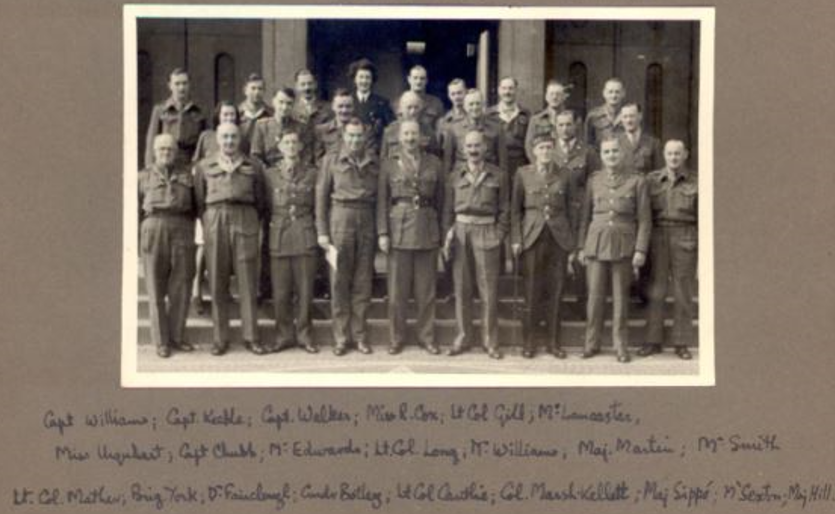
In both real life and in Beyond Enkription, Rupert Fanshaw was the head of MI6 in the Bahamas. In real life in the seventies it was obvious who he was given how few people worked in the British High Commissioner’s office in Nassau in 1974 when Charles Treadwell and Peter Mennell both worked there. The name Fanshaw was of course an alias.

In Beyond Enkription, Sara Burlington was Edward Burlington’s mother. Her pushy “no nonsense” character was largely based on that of Bill Fairclough’s real mother, Margaret Fairclough. Margaret was based in Düsseldorf from the end of World War 2 in 1945 for two years and worked with her husband Richard Fairclough in MI1 (British Intelligence).
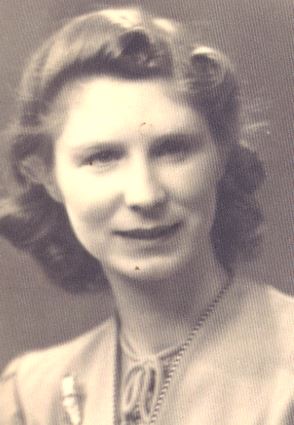
In real life and in Beyond Enkription, Sir Douglas Castle (his alias) was a senior executive in MI6 and a member of the UK’s Joint Intelligence Committee. He was also a longstanding friend of Richard Fairclough and spent much of his life working in Oxford University. While working for MI6 he had become one of its most senior recruitment officers.
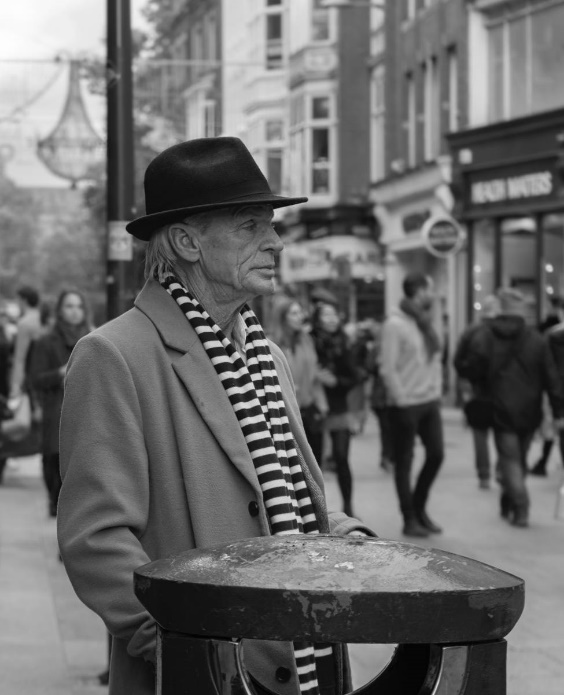
In real life and in Beyond Enkription, Sir Peter Stafford (his alias) had been a senior executive in MI5, a senior partner in an international firm of Chartered Accountants (called Porter Williams in the book) and a member of the UK’s Joint Intelligence Committee. For assorted reasons, no clues can yet be given as to his real identity other than at some stage in his career he was a senior partner in Coopers & Lybrand based in London.

In real life and in Beyond Enkription, Suzie Laurent (her pseudonym) lived in the West End of London, for a while with Bill Fairclough. The picture of her was taken in Montagu Square, London W1. In real life she was born in Guadeloupe and brought up in Toulouse. She befriended Barbara Windsor and Ronnie Knight and both in the book and in real life Suzie was a night club manageress and croupier. For legal reasons, no further clues can be given as to her real identity other than that her real name is disclosed in Bill Fairclough’s biography.
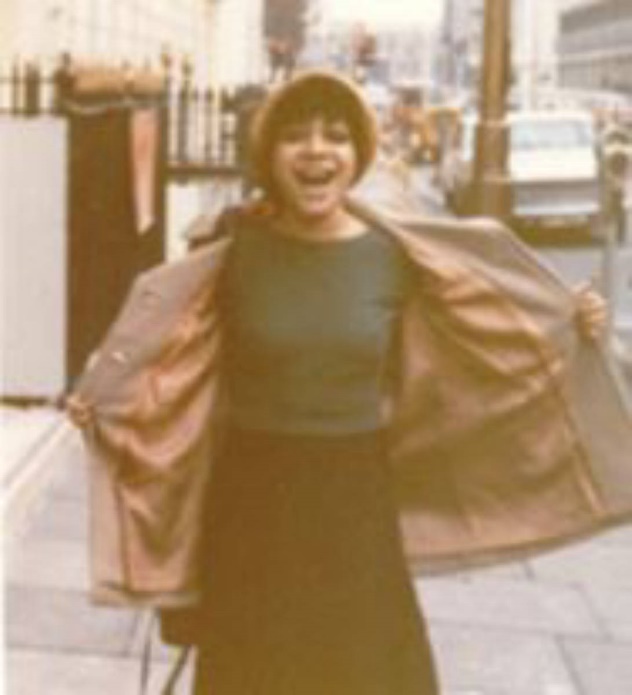
In Beyond Enkription, Tessa Hislop (her alias) worked for Alan McKenzie in MI5 and MI6. In real life she worked in the Metropolitan Police (Special Branch) and intermittently for Colonel Alan Brooke Pemberton CVO MBE (of MI5, MI6, Diversified Corporate Services Limited and Faire Sans Dire). Alan McKenzie's character was partially based on that of Alan Pemberton. For legal reasons, few clues can be given as to her real identity other than a recent photograph covertly taken without her permission. She hailed from the North West of England, never married and still values anonymity and secrecy for the wrong reasons ...

In Beyond Enkription, Toby Dias (his alias) was a fictional character and a career criminal who lived in Brighton in England and ran the largest fencing operation (of stolen goods) in the UK for organised crime gangs. Toby Dias’s character was partially based on that of a genuine antique dealer in London who was best man at Bill Fairclough’s first wedding in 1983; it goes without saying that he was obviously not involved in any such criminal activities. For legal reasons, no further clues can be given as to his real identity other than that his name is mentioned in Bill Fairclough’s biography.
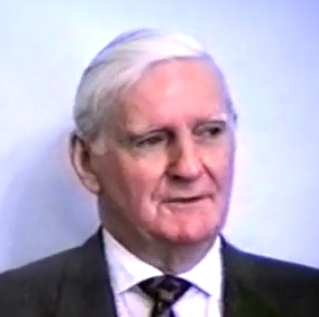
In real life and in Beyond Enkription, Vivienne Templeton (her alias) was a CIA operative in the Caribbean (including Haiti) and worked under the cover of being an air hostess or involved in holiday lets in the Bahamas and Florida. She was based in Fort Lauderdale and a devout Catholic. For legal reasons, her real name cannot yet be disclosed albeit her photograph can be.
